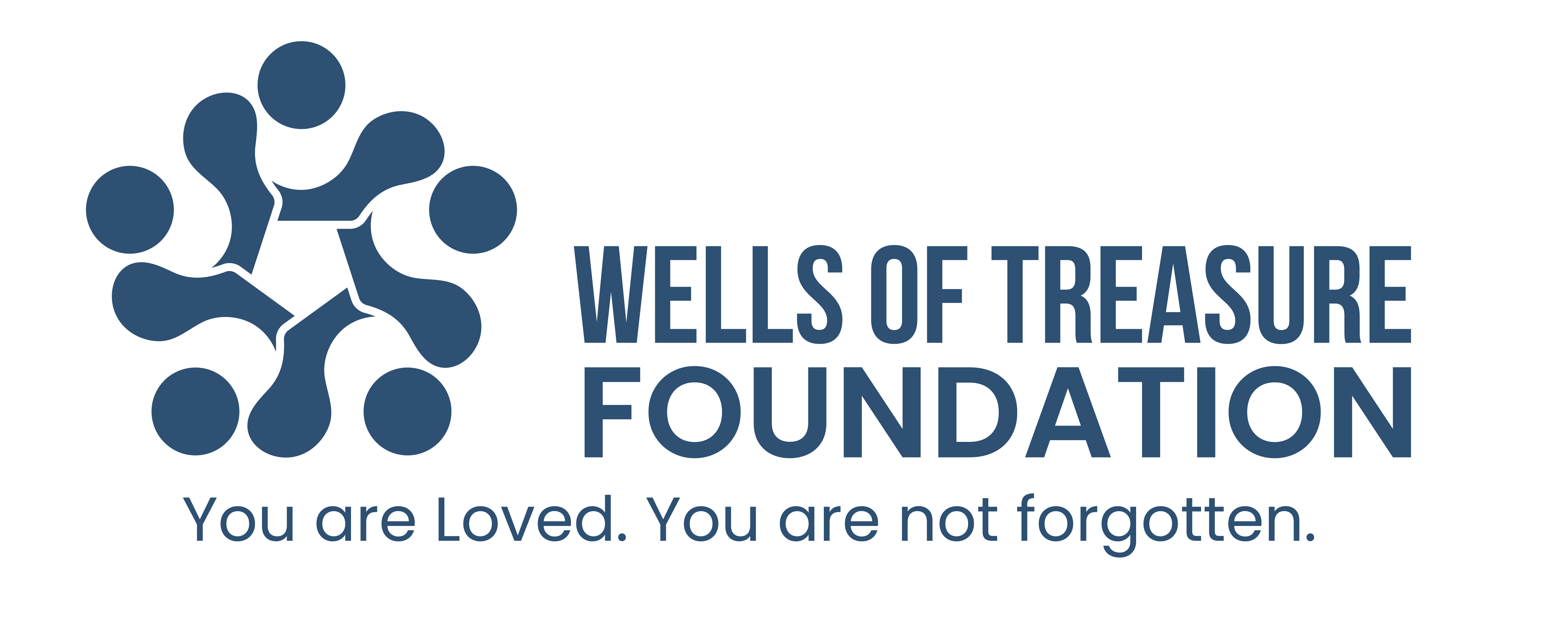Every scar tells a story. For those who have endured the torment of domestic violence, the scars may run deep, leaving imprints on the heart, mind, and body. However, these marks do not define you; they are chapters in your story, not the conclusion. As difficult as it may seem, the pain you’ve experienced can become the foundation for a powerful transformation. Here’s how you can use your pain to rewrite your story and reclaim your life.
1. Acknowledge Your Pain and Validate Your Experience
The first step to healing is acknowledging the reality of what you’ve endured. Your feelings of fear, anger, sadness, or confusion are valid. You survived circumstances that no one should have to face. By accepting your emotions without judgment, you begin to take control of your narrative. Remember: your pain is not a sign of weakness but evidence of your strength to persevere.
2. Seek Support and Build a Network
You are not alone, and you don’t have to walk this path in isolation. Reach out to trusted friends, family, or professionals who can offer support. Joining a support group for survivors of domestic violence can provide a sense of community and shared understanding. Hearing others’ stories and sharing your own can be a powerful reminder that healing is possible.
3. Rediscover Your Identity
Domestic violence often strips victims of their sense of self. Take time to reconnect with who you are beyond the trauma. What are your passions? What brings you joy? Explore hobbies, skills, or activities that help you feel empowered. Rebuilding your identity is a vital part of reclaiming your life.
4. Transform Pain into Purpose
Pain can be a powerful motivator for change. Consider how your experiences can inspire and empower others. Whether it’s through advocacy, volunteering, or simply sharing your story, using your pain to help others can be deeply healing. Your journey of survival can become a beacon of hope for those still navigating their own.
5. Set Boundaries and Protect Your Peace
Rewriting your story requires creating an environment where you feel safe and respected. Learn to set boundaries and prioritize your mental health. This might mean cutting ties with toxic individuals or situations that remind you of your trauma. Protecting your peace is not selfish—it’s necessary for your healing.
6. Practice Self-Compassion
Healing is not linear. There will be days when the pain feels overwhelming. On those days, remind yourself that you are human and that it’s okay to feel vulnerable. Treat yourself with the same kindness and understanding you would offer a friend. Celebrate small victories, and don’t let setbacks deter you from your journey.
7. Seek Professional Help When Needed
Sometimes, the weight of the past feels too heavy to carry alone. Therapists and counselors specializing in trauma can help you navigate your feelings and develop coping strategies. Therapy can be a safe space to explore your emotions and find clarity in your path forward.
8. Envision a Future Beyond the Pain
Your story does not end with the pain you’ve experienced. Visualize the life you want to create—a life filled with love, joy, and freedom. Set achievable goals, no matter how small, and work toward them one step at a time. Each step forward is a testament to your resilience and strength.
9. Share Your Story When You’re Ready
Your story is yours to tell, and there is no timeline for sharing it. When you feel ready, consider how your experiences can inspire others. Whether through writing, speaking, or art, your story has the power to break the silence around domestic violence and encourage others to seek help.
10. Embrace the New Chapter
Rewriting your story is not about forgetting the past but about choosing how it shapes your future. It’s about reclaiming your power and embracing the person you are becoming. You are not defined by what happened to you but by how you rise above it.
The pain of domestic violence is real, but so is your strength to overcome it. By transforming your pain into purpose, you can rewrite your story in a way that empowers you and inspires others. Remember: you are not alone, and your future is not limited by your past. You have the power to create a new chapter filled with hope, healing, and joy. Your story is far from over—it’s just beginning.
